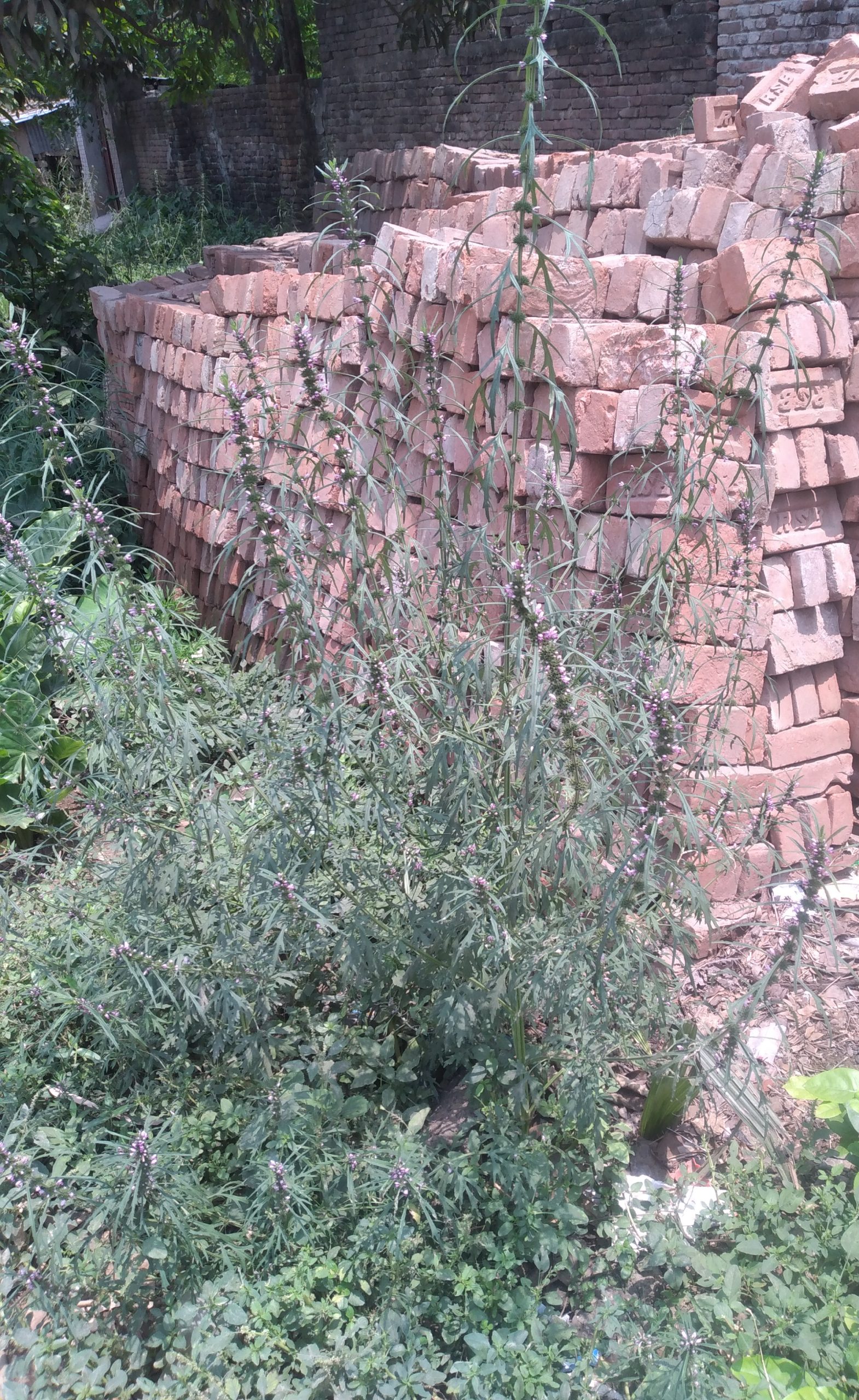
Leonurus japonicus, commonly called oriental motherwort or Chinese motherwort, is a herbaceous flowering plant native to Asia, including Korea and Japan, and China to Cambodia.
Uses
It is one of the 50 fundamental herbs used in traditional Chinese medicine, where it is called yìmǔcǎo (Chinese: 益母草), literally “beneficial herb for mothers”. It is used in cases of menstrual and delivery disorders caused by blood stasis, like dysmenorrhea, and amenorrhea.
Leonurus japonicus, contains several compounds with biology activity, such as guanosine (CAS: 118-00-3), rutin (CAS: 153-18-4), syringic acid (CAS: 530-57-4) and stigmasterol (CAS: 83-48-7). Scientists use the purified compound as a standard in drug screening.
Bioactive chemical
The bioactive chemical components isolated from L. japonicus have fascinated many phytochemists and pharmacologists. Until now, more than 280 chemical components have been isolated and characterized from L. japonicus. Among these, 108 compounds were isolated and reported by our research group. In Fig. 11, it can be observed that terpenoids and alkaloids are major pharmacodynamic components of L. japonicus. Terpenoids account for 53.2% of the isolated chemical components and mainly possess antithrombotic, vasorelaxant, procoagulant, anti-platelet aggregative, neuroprotective, anti-inflammatory, α-glucosidase and acetylcholinesterase inhibitory, immune regulating, antibacterial, and cytotoxic activities. Among these terpenoids from L. japonicus, diterpenoids are the most studied. Although the number of alkaloids is far smaller than that of terpenoids, alkaloids show many remarkable effects, mainly on gynecological and cerebral-cardio vascular diseases. The effects of terpenoids and alkaloids are closely related to the traditional efficacy of L. japonicus. According to the previous in-depth studies, stachydrine and leonurine could be the main active compounds for treating obstetrical and gynecological diseases. Therefore, more attention should be paid to the terpenoids and alkaloids contained in L. japonicus, and studies of these compounds should be strengthened in future.
Reference
- L. japonicus.
overlay panelLu-LinMiaoabcQin-MeiZhouacChengPengabZhao-HuaLiudLiangXoverview;Leonurus japonicus (Chinese motherwort), an excellent traditional medicine for obstetrical and gynecological diseases: A comprehensive overview; Received 18 April 2019, Revised 31 May 2019, Accepted 31 May 2019, Available online 10 June 2019, Version of Record 10 June 2019.Published by Elsevier Masson SAS; Biomedicine & Pharmacotherapy; Volume 117, September 2019, 109060
- Tags:
- Herbs